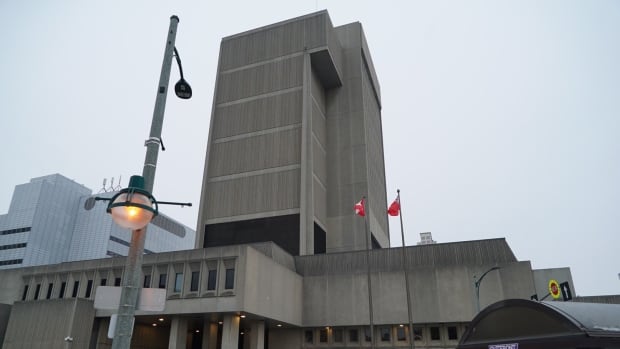
Access to justice still a problem as some Ontario family courts return to in-person hearings
CBC
Lawyers say access to justice remains a big problem in Ontario's family court system following two years of delays and shutdowns in response to the COVID-19 pandemic.
When the virus arrived in March 2020, it wreaked havoc on the justice system, closing courthouses, upending trials and creating a backlog of unresolved cases.
However, the pandemic also forced Ontario's paper-based justice system into the 21st century overnight, by introducing virtual hearings and an online portal, where lawyers and clients can get information, schedule appearances and file documents.
Starting April 4, the Ontario Court of Justice said it would resume most in-person proceedings for family law, but whether you see the judge at the courthouse or on a screen, will still depend largely on the vast and complex inner workings of the family court system.
"In London, I don't believe we will be attending in person for quite some time," said Stephanie Ouellette, a family lawyer from London who works child protection cases through Ontario Legal Aid.
She said that in London, there were 65 family matters on the trial list in March, but fewer than five were actually heard, pushing at least 60 cases into April, on top of the matters already scheduled for the month.
"We're really, really far behind unfortunately."
While virtual hearings might be more efficient in some ways, access to justice issues in "the new normal" are directly tied with income and the digital divide, Ouellette said.
"Some of my clients, who are involved in child protection matters, don't even have a cellphone, let alone the data to use it."
"We have had people miss court appearances simply because they don't have the devices to log into their own court proceedings.
"The local courts are trying to address that issue and accommodate as best we can, but it is a larger issue with justice issues and access to stable internet."
Access to justice, much like the digital divide itself, often affects people on the margins of society, and the pandemic seems to have only made it more pronounced, according to Christina Ninham, a family lawyer from Oneida of the Thames who represents a number of Indigenous clients.
"We don't have high-speed internet like they do in town," said Christina Ninham, a family lawyer from Oneida Nation of the Thames, who represents a number of Indigenous clients.
"Realistically not everyone has internet on reserve. When we have internet, we're trying to not drop our calls to the court, which I've done on a number of occasions.





















 Run 3 Space | Play Space Running Game
Run 3 Space | Play Space Running Game Traffic Jam 3D | Online Racing Game
Traffic Jam 3D | Online Racing Game Duck Hunt | Play Old Classic Game
Duck Hunt | Play Old Classic Game











